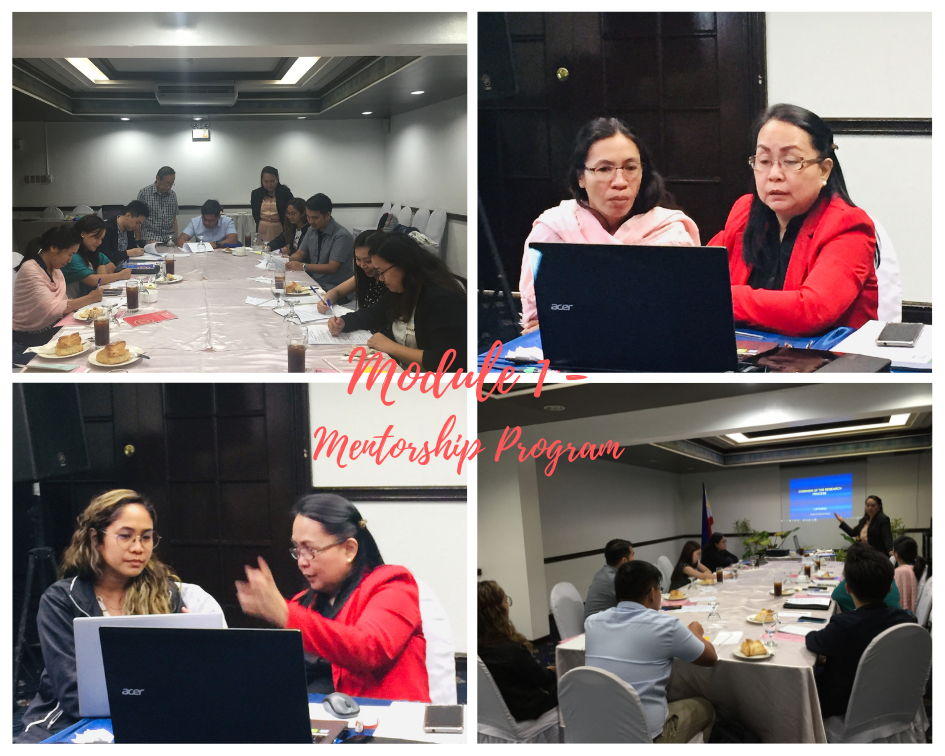
Relevant and quality health research must originate from dedicated individuals who continue to improve the health condition in the region and in the nation. These researchers have continually contributed in building new knowledge, innovations and technologies through valuable health and health-related researches. In Davao Region, one of the activities of the Regional Health Research and Development Consortium XI (RHRDC XI) that strengthen and capacitate researchers in crafting quality research through the Mentorship Program. The Mentorship Program is an annual activity which aims to empower local researchers to further submit a full-blown proposal for possible funding and to produce future mentors in the region.
This year, eight scholars from different institutions with multidisciplinary background must undergo three modules to complete the Mentorship Program. The first module comprises lectures and workshop on the preparation and crafting of the introduction, objective of the proposal up to the review of related literature. RHRDC XI invited one of the most seasoned researchers in Davao Region who is currently the Director of Science Resource Center of the University of the Immaculate Conception, Ms. Ludivina M. Porticos, MS, MBA. Three days of workshop and one-on-one coaching transpired to polish the scholars research proposal. The output of the first module will be collected by RHRDC XI and will be forwarded to their chosen mentor for further recommendations.
RHRDC XI is true to its vision to be a self-sustaining nexus with individuals dedicated to improve the health conditions of the people in the region through relevant and quality health researches.
By: MDMC






